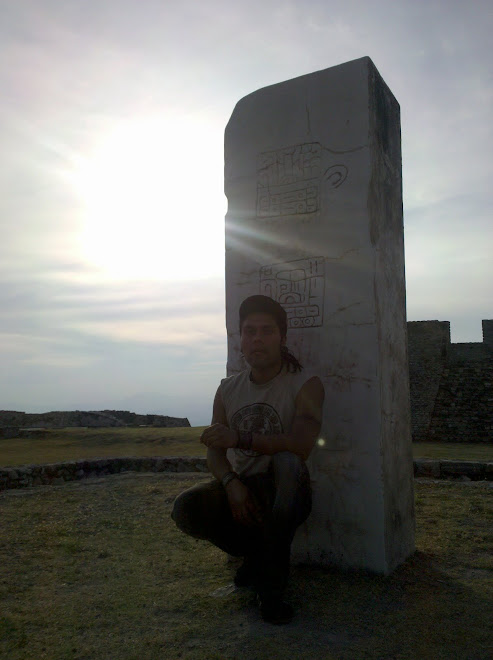



The Cacahuamilpa Caves National Park or Grutas de Cacahuamilpa as is named in Spanish; comes from the etymologic Cacahuamilpa word of the Náhuatl language, which means peanuts sowing. It is situated inside of the physiographic province of Sierra Madre South, in the north zone of Guerrero State, Mexico.
Cacahuamilpa caves are considered one of the most amazing caves in the World, cover 1,600 hectares and 1,380 metres long holding inside endless strange figures such as faces, facial expressions, animals, places, etc. which are cause of admiration and wonder among the visitants, particularly of those scientists who are dedicated to the Speleology. The caves are distributed in 80 both artificially and naturally full illuminated rooms, at least; also, their heights ranged between 30 metres to 70 metres.
The formations of these natural caves belong to the ancient traces of the sea made by the sediments that the water dragged. This is the principal reason why these rocks are so soluble allowing the pass of water, and through its route creates fissures at the beginning, to form later subterranean rivers in which bed deviation form the caves.
At this location there is a warm semi-dry climate; however, during the rains the forest becomes lush, while during the dry season the landscape turns a wood with no leafs. The low latitude-rainforest vegetation include many trees such as Bursera bipinnata, Bursera copallifera and Bursera jorullensis; as same as Crescentia Cujete and Crescentia Alata, used in the cooking utensils production.
Furthermore, among some of the distinguished animals, there are the cacomistles, badgers, racoons, rattlesnakes, iguanas and green iguanas, new world vultures, pumas, small tigers, rabbits, armadillos, otters, golden eagles, lynxes, etc. The National Park has also Limestone Mountains passed by subterranean rivers of San Jerónimo and Chontalcoatlán, both converging in the Amacuzac River, which flows into the Pacific Ocean.
This spectacular natural formation are open to the public with daily visits starting at 10 am, the tour is 2 hours walking along 2 kilometres.
HISTORY
This site is full of histories and legends. The legend tells that in the past times, long time ago, non pre-Hispanic tribe dared to enter. These tribes used to call this place Salachi, and in their fantasies they assured that these formations were the incarnations of bad spirits who denied the entrance to any foreigner.
According to this legend, there was a tribe that lived near to Tetipac village, and when they decided to overthrew their leader, he was the one who found these enormous caves close to the mountains, from where the water abundantly flowed. When he got inside, he was astonished in front of the spectacular view; and started to think about some way to recover his throne. Apparently, he had an unknown daughter by the tribe, so the leader prepared her to present as a deity. So then, he visited an ancient of the tribe and told him about the deity apparition.
Inside view of the Cacahuamilpa Caves
Lastly, this old man return to the tribe and told them about what he had seen in the Salachi caverns. Followed by the oldest men, they all visited the cave, where the daughter deity was over a wonderful formation in the middle of the place. When she saw all those old men coming in, the said loud: “I will end with your legion using these hell fires if you all do not put back in the throne your leader”. It was in this way that the leader recovered his throne, and the entire tribe kept for long time worshipping this secret and mysterious deity’s sanctuary.
So that and according to the studies, these places belong to the Chontales tribes, who were used to using them as special places dedicated to their god’s ceremonies and worships. These caves were discovered by Manuel Saenz de la Peña in 1834; but, on January 20th, 1936 they were declared as National Park by Lázaro Cárdenas Del Río, president of Mexico in that year, with many more other attractions near.


No comments:
Post a Comment